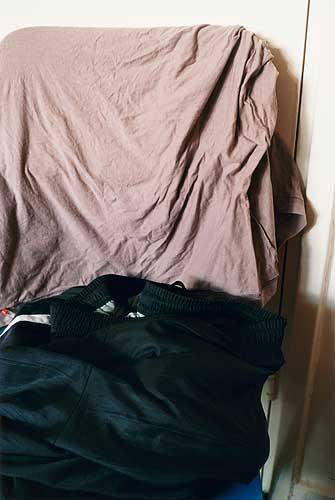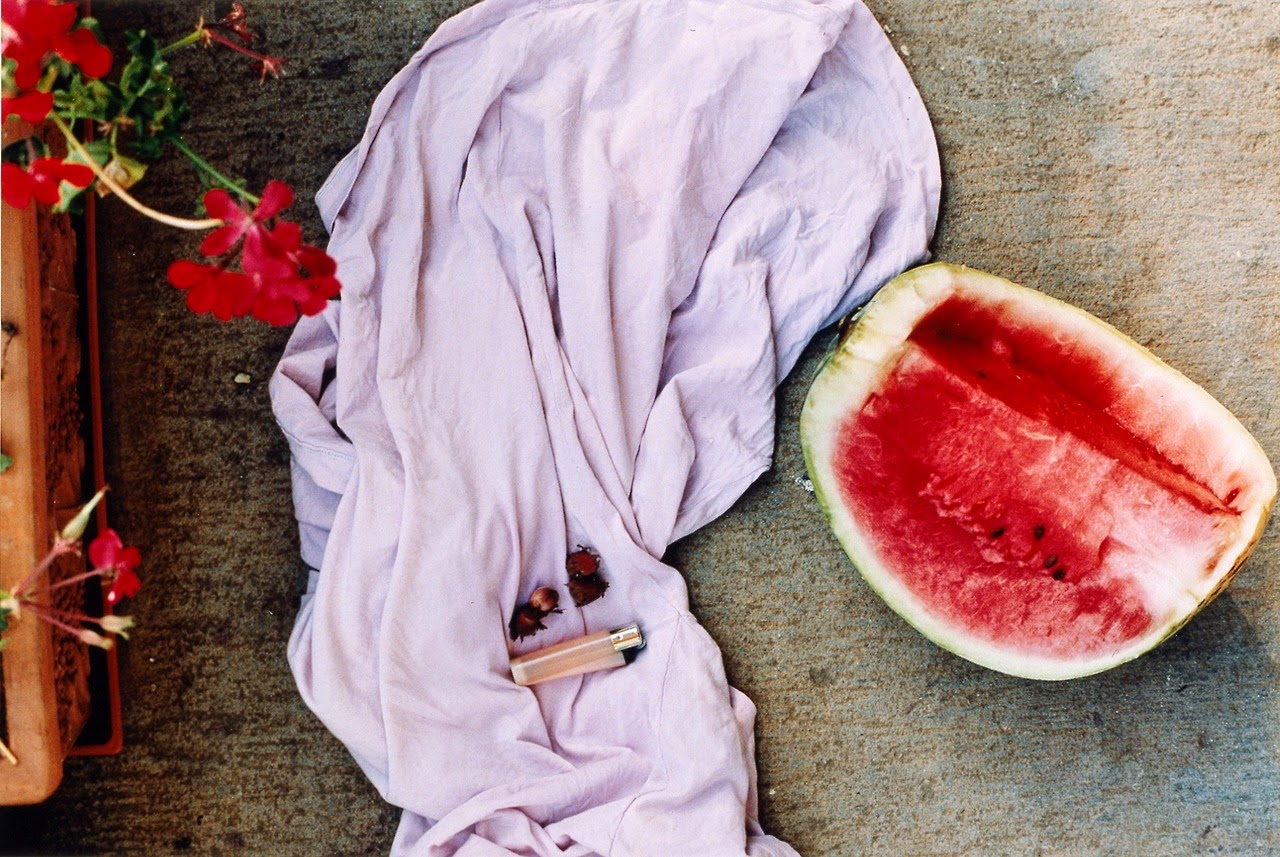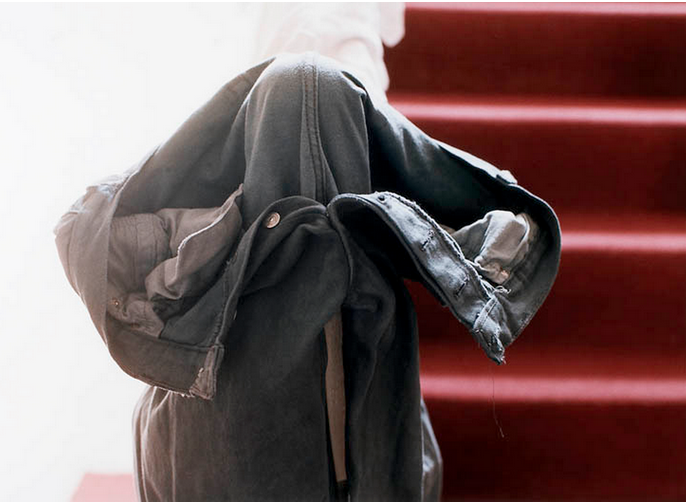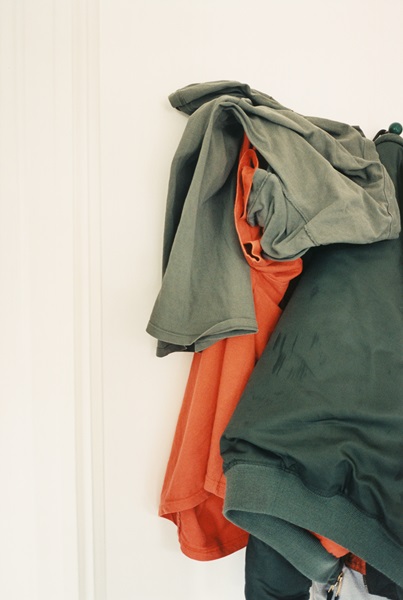
HE WAS JAPANESE, A painter, about forty. He started talking to me in the foyer of a gallery, while I was waiting in a line to store my coat. ‘What did you think?’ he said, meaning, I presumed, the exhibition. ‘This is the entrance,’ I said. ‘Oh,’ he said.
It was not his exhibition – I should make that clear. When I say he was a painter, I mean that he worked mostly in a pet emporium on Ninety-Sixth and Broadway which housed rabbits bred to look like miniature Dalmatian dogs, in the windows, and which offered on site-grooming sessions and appointments with an animal nutritionist. The animal nutritionist was him, and he kept a canvas in the back, for when shifts were slow. Some of his paintings were OK, had been sold for quite good money in the Nineties – at least, that was what he told me. Now none of them made anything but he kept a brush in his front pocket, all the same, and sketched portraits of society ladies’ spaniels and chinchillas to pay rent. He said, often shaking off some flaky residue of fish food from his arms – he was always paranoid he smelt residually of ‘pond’ – ‘You cannot be a primadonna, about this.’

I didn’t have a pet, but pretended that I did. A cat. ‘Leopold,’ I said. The emporium was en route to my office in the English Literature department and most mornings, I would get a question about him, or an earnest ‘Say hello to the little feline guy.’ I had shown him photos of my friend’s cat in Seattle. ‘He looks well hydrated,’ he would say. ‘That’s unusual, for Manhattan.’
I started going round to his for dinner at the end of autumn, when the leaves were on the point of falling, when the runners started wearing fleecy swathes of cotton bonded to their ears and hands. He avoided corn, and gluten, also dairy – foods that he decided made him ‘fatally apocalyptic.’ He strained his own nut milk using a mesh pouch which he had bought online, and stored batches of red quinoa and adzuki beans in his fridge. Otherwise he seemed to me to eat nothing other than expensive, coarse, dark things – eighty five per cent or higher chocolate, tarry black coffee, wine. He bought tapered cigarettes in lurid pastel colours and rationed them for ‘torpid days.’ ‘I feel this voltage twitching between us,’ he said, on the third or fourth time I went to his house, ‘but I can’t. I’m exercising discipline in my attachments.’
‘The last girl,’ he said. ‘She called me all the time.’

In this there was no risk – I didn’t have his number. We had always arranged seeing one another in the street, outside the shop, and still went out sometimes, at weekends, to over-bright bars which sold drinks which were half cocktails, half desserts – I gave in to the temptation of the tiramisu amaretto, every time. When I went back to the UK, after my time in Manhattan was over, he found and sent a message to my faculty address, asking me to forward him my details, and, if you can believe it, I received a Christmas card from him that same December, with a picture of a lizard wearing a red Santa hat, specks of glitter coming off the front. ‘Greetings,’ it said, inside. Every year now, without fail, he writes to me and sends me something. Last year it was a pyjama shirt, with stripes in pink and blue. I didn’t know if he had been saving it for someone else, or had just wrapped it up several months before he sent it. When I opened up the package, there were moths.

Alice Blackhurst is a writer and scholar based in Cambridge, UK.
Wolfgang Tillmans is a photographer and artist based in London.